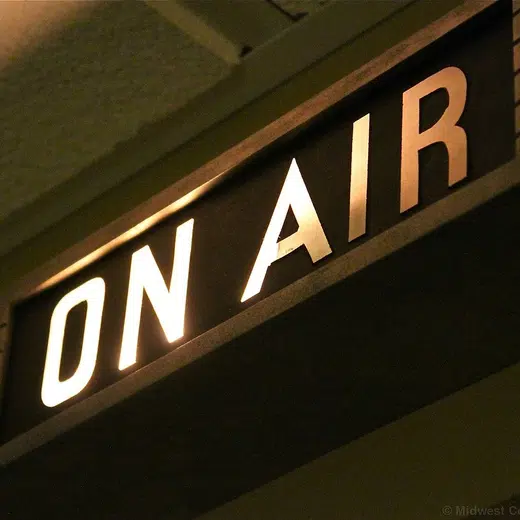MANILA (Reuters) – Philippine senators on Friday questioned the government’s preference for the Chinese COVID-19 vaccine after latest data showed it has a lower efficacy rate, saying this would not bode well for a country seeking to boost confidence in vaccines.
President Rodrigo Duterte’s office said on Monday it was expecting to receive next month the first batch of coronavirus shots developed by Sinovac Biotech, which at that time has not yet filed an emergency use request with local regulators.
The initial shipment was part of the 25 million doses the Philippines has secured from the Chinese vaccine maker, which some senators want scrapped after new data from Brazil showing efficacy that was much lower than initially announced.
“There are other vaccines with a much higher efficacy at lower, if not more competitive, cost. Why are we insisting that we buy Sinovac?” Senator Franklin Drilon asked members of the government’s coronavirus task force.
“The insistence or preference for Sinovac cannot be denied and will not augur well for building up confidence of people in our ability to address the pandemic,” Drilon said.
An opinion poll showed on Thursday that less than a third of Filipinos are willing to get inoculated against the coronavirus as many have voiced concerns over the safety of vaccines.
The Philippines’ Food and Drug Administration has yet to begin evaluating Sinovac’s emergency-use request, which the FDA only received on Wednesday. Only vaccines approved by the FDA can be administered.
On Thursday, the FDA said it had authorised emergency use of the vaccine developed by Pfizer and BioNTech, the first to be approved in the Philippines.
To boost the acceptability of Chinese-made vaccines, Duterte, in a televised address on Wednesday night, said they are as good as the shots developed in the United States and Europe.
The firebrand leader, who has pursued warmer relations with Beijing, has said previously his preference was for his country to source its COVID-19 vaccines from either China or Russia.
The Philippines has among the greatest number of coronavirus cases in Asia but has lagged regional peers in securing vaccines, with which Manila hopes this year to inoculate 70 million people, or two-thirds of the population.
(Reporting by Karen Lema; Editing by Mark Heinrich)




